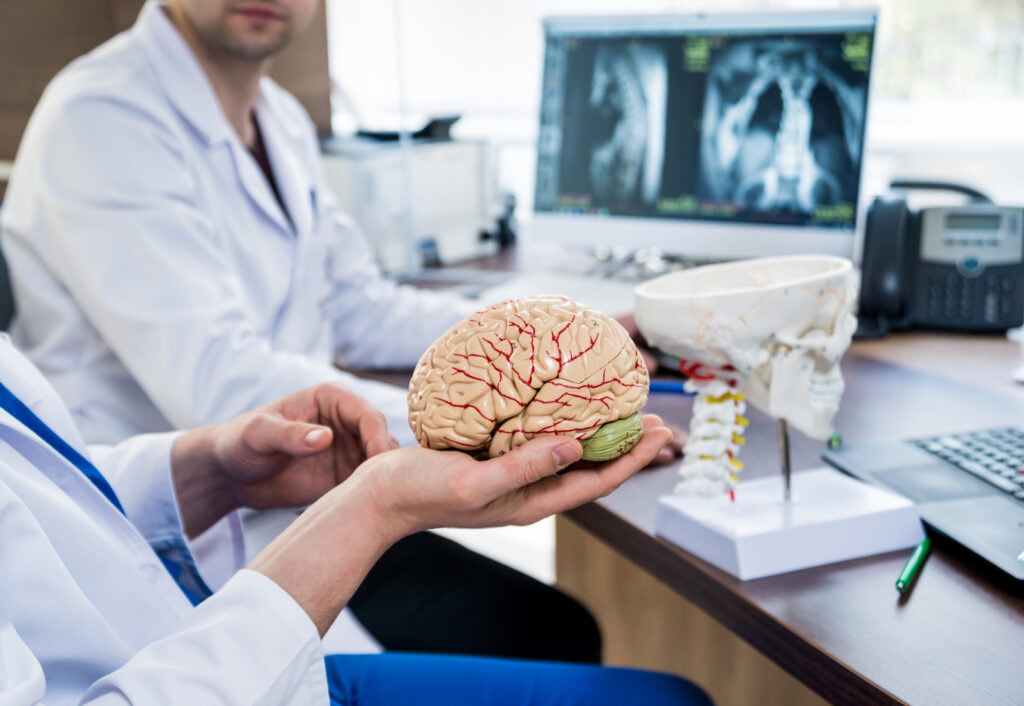Treatment Modalities
Treatment options include surgery, radiation therapy, chemotherapy, targeted therapy, and immunotherapy. The choice of treatment depends on the type, stage, and location of the tumor.
Coping With Treatment
Coping with brain cancer treatment involves emotional support, proper nutrition, and managing treatment side effects. Support groups and counseling can be beneficial for patients and their families.








